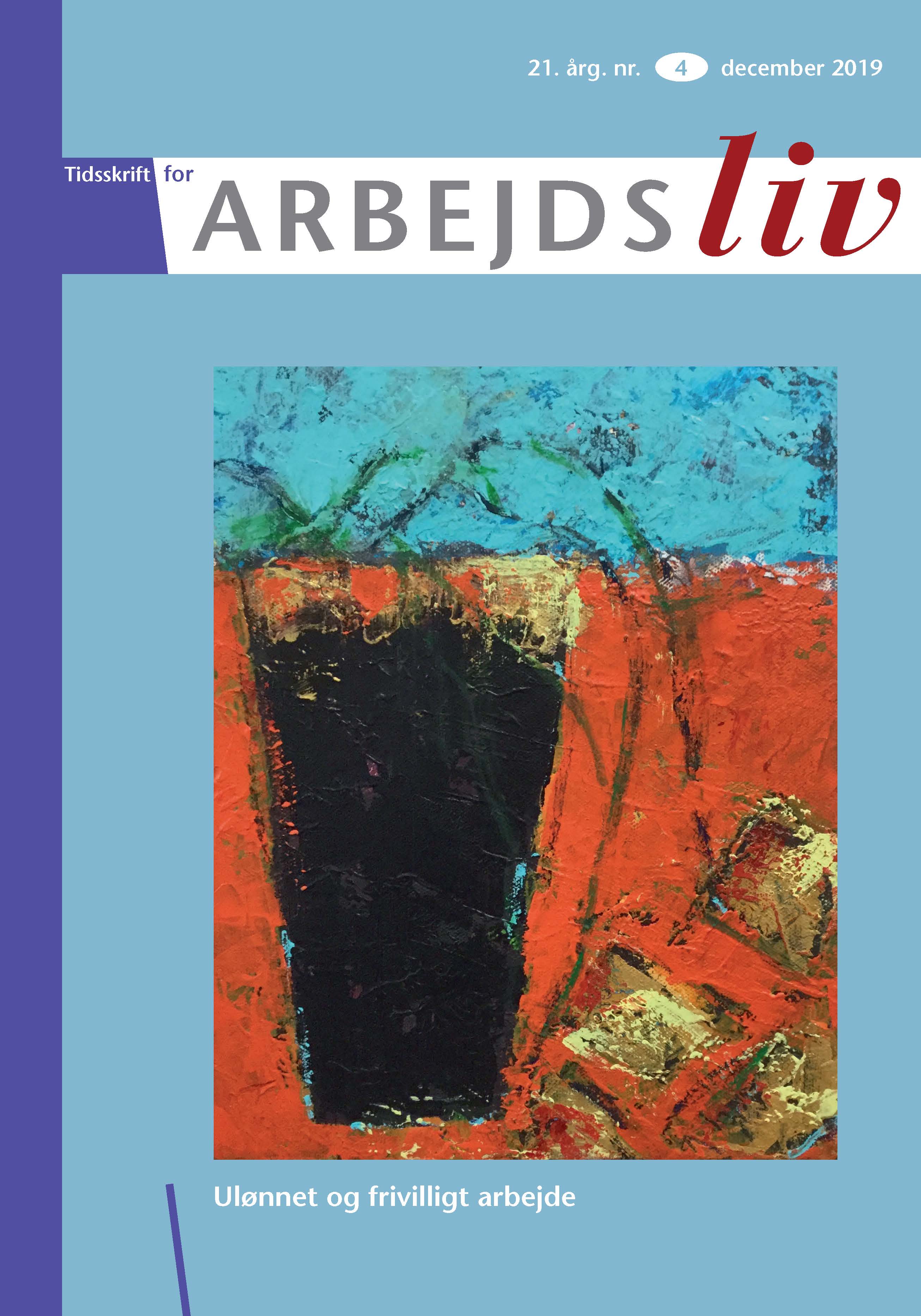Unemployed by choice: young creative people in the precarious labour market
DOI:
https://doi.org/10.7146/tfa.v21i4.118064Keywords:
Unge arbejdsløse, Aktiv jobsøger, Governmentality studies, Prekarisering, ArbejdsbegrebetAbstract
Young creative people use the Danish unemployment benefit system in other ways than it is designed. They pursue their dreams by working in a professional fi eld such as art, culture and communication. As Michael, one of the interviewees says: “I view unemployment benefit as entrepreneurial support”. The practice is illegal and Michael knows it: “I don’t do what I am supposed to”. Based on interviews with 39 young unemployed people I explore how some people understand and conduct themselves as “unemployed by choice” meaning they actively choose to get unemployment benefits rather than finding ordinary employment. Inspired by governmentality studies and the concepts ‘technologies of power’ and ‘technologies of the self’ I investigate how young people are governed and how they govern themselves as unemployed by choice. In the article I unfold how they find cracks in the employment system. Being unemployed by choice is a subversive practice that challenges the meaning of ‘unemployment’ as well as the hegemonic understanding of work as paid work. The unemployment benefit system is based on an understanding of work as ‘labour’, whereas the young people understand and conduct themselves based on an understanding of work as meaningful activity (‘work’).
Downloads
Published
How to Cite
Issue
Section
License
Forfattere, der publicerer deres værker via dette tidsskrift, accepterer følgende vilkår:
- Forfattere bevarer deres ophavsret og giver tidsskriftet ret til første publicering, samtidigt med at værket ét år efter publiceringen er omfattet af en Creative Commons Attribution-licens, der giver andre ret til at dele værket med en anerkendelse af værkets forfatter og første publicering i nærværende tidsskrift.
- Forfattere kan indgå flere separate kontraktlige aftaler om ikke-eksklusiv distribution af tidsskriftets publicerede version af værket (f.eks. sende det til et institutionslager eller udgive det i en bog), med en anerkendelse af værkets første publicering i nærværende tidsskrift.
- Forfattere har ret til og opfordres til at publicere deres værker online (f.eks. i institutionslagre eller på deres websted) forud for og under manuskriptprocessen, da dette kan føre til produktive udvekslinger, samt tidligere og større citater fra publicerede værker (se The Effect of Open Access).





